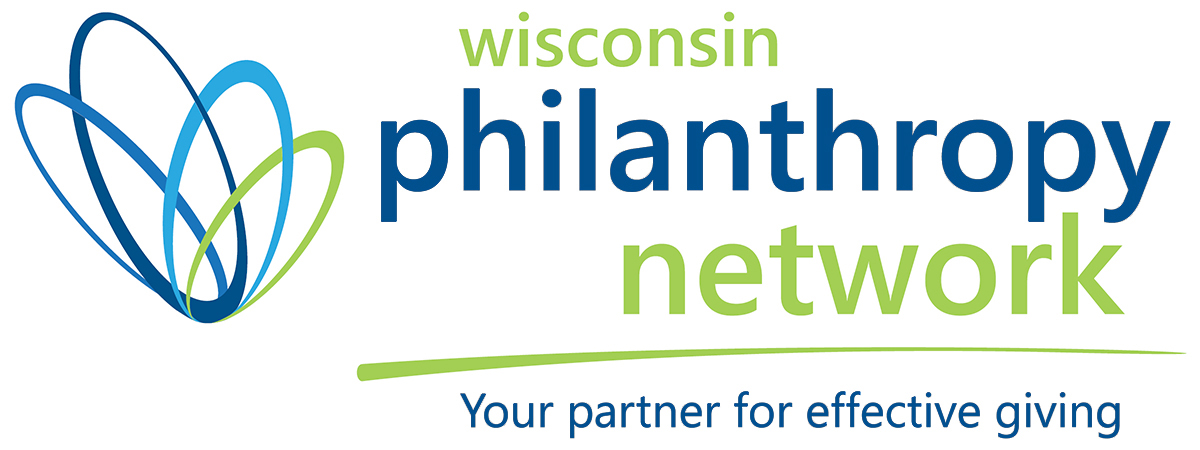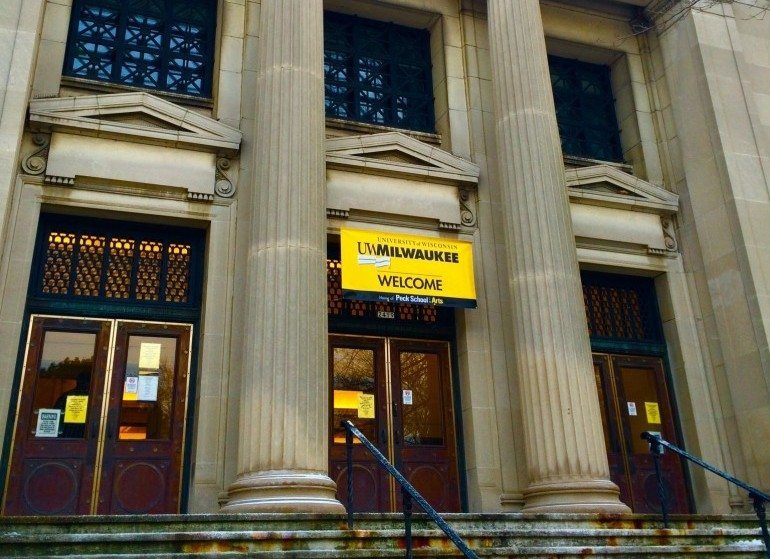By Lauren Anderson -Jun 5, 2020 10:49 am
Nearly half of Wisconsin nonprofits recently polled said they have cut staff amid the coronavirus pandemic, and more than half are concerned about being able to make rent, according to a survey by UWM’s Helen Bader Institute for Nonprofit Management.
The survey results underscore the significant challenges faced by Wisconsin’s nonprofit sector, as many organizations reported having to reduce their programming, cut their volunteer workforce and weather disruptions to fundraising.
Of those surveyed, 93% said they are worried about declining donations, and 76% are concerned about the possibility of layoffs. Forty-seven percent of organizations surveyed said they have already made staff reductions.
Eighty percent of organizations have seen a reduction in volunteers, either by choice or due to a lack of availability.
Other findings from the survey include:
- 47% of organizations reported reductions in programming due to COVID-19.
- 51% of organizations said they are concerned about being able to make rent.
- 11% of organizations reported pivots in programming to address an increase in basic needs, such as food, financial resources, transportation, and needs for mental health support.
- 28% of organizations reported the widespread conversion to virtual programming.
The survey was conducted from April 14-29, a month after public health guidelines were put in place to help limit the spread of COVID-19. The study was conducted in partnership with UW-Whitewater’s Institute for Nonprofit Management Studies and faculty throughout the UW System.
Survey responses represented 54 of Wisconsin’s 72 counties.
Researchers said the goal of the project is to provide real-time data to government officials, foundations and other decision-makers to show the need for immediate and long-term support of nonprofits.
BizTimes Media is holding a series of webcasts with nonprofit leaders to discuss challenges facing the sector.
Register for the June 12 conversation, titled “Staying the course during a crisis,” here.
The first conversation, focused on virtual fundraising and changing services, is available here.




